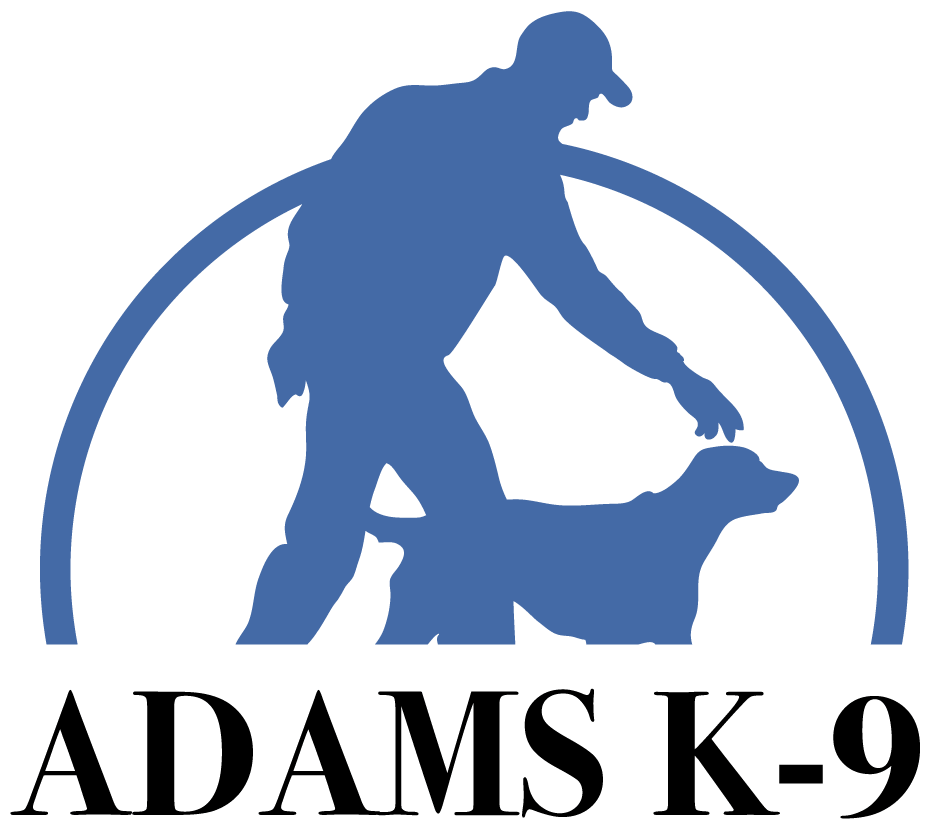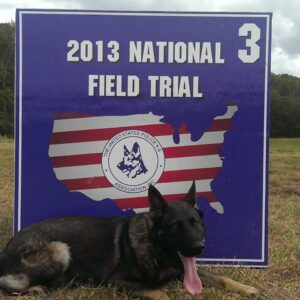I had the honor of judging the United States Police Canine Association National Police Dog trials in Maryland this past week. There were 90 police canine teams from throughout the United States competing for top dog. The first place team was from Lakeland Florida, Officer Ted Sealy and K9 Bruno.
To reach this level of training, there is a great deal of dedication, time, consistency, and balance in your training regimen. Dedication is important because teams don’t reach this level by only training on their paid training days. There needs to be daily training scenarios. Many police officers train when they are paid and that’s it. These officers meet minimum standards. They can certify annually to work their dog on the road, but they are not going to be the elite K9 teams.
To compete at this level is time consuming. You have to take time away from your family to practice. These handlers work odd shifts, holidays, and weekends. They travel away from their loved ones to train their dogs to be the best of the best. Each year we thank the family, spouses, and loved ones who support these officers and their endeavors with their canine partners.
Consistency and balance is the final recipe for success. Dog’s must have consistency in reward to learn the behavior that their human partner is asking them to perform. Balance is very important as well. The dog needs to know what the rules are and that there are consequences in disobeying the rules. Perform as directed and you shall be rewarded. Performing incorrectly will result in no reward.
Police service dogs face distractions every time they hit the street and find drugs or track a criminal. Does your perform during distractions. Can you walk your dog in a public park or pet store without them pulling on the leash and every dog and stranger they see? All dogs should behave in public.
I did see a couple of dogs at the trials that did not have a balance training regimen. If they messed up a little they were afraid to return to their handler, which tells me there was lack of balance in their training. Dogs should not be rewarded for messing up or doing the command wrong, but not punished. Punishment does not work in training behavior.
Dogs do not perform a behavior for three reasons; they physically can’t, don’t know how, or they refuse to perform. Sometimes they refuse a command because of a distraction. Any trainer can teach sit, down, come, heel, place, but will your dog perform these behaviors during distractions? Many cannot, but with some practice after a few weeks of training you will be astonished what your dog can learn to ignore.
In closing, many years ago I judged a Personal Protection Dog trial in Lansing, MI. I was impressed with the level of training with these dogs. The owners did not get paid to train. In fact, they paid someone to help them train their dogs. They train because they love dog sport. Personal Protection Training, like police dog training is a great way to burn off dog’s energy and make them think. It is a very time consuming hobby, but it is a hobby I love. Like training police dogs there needs to be dedication, time, consistency and balance.


